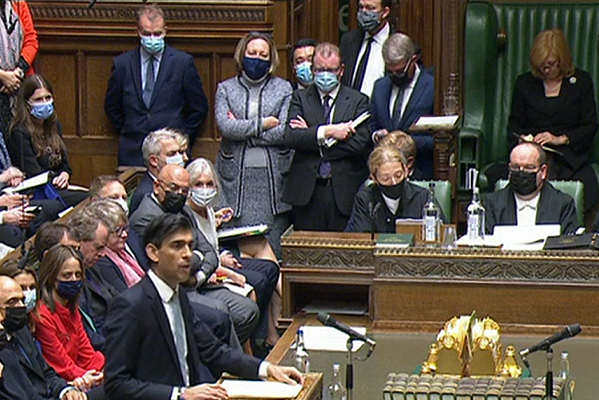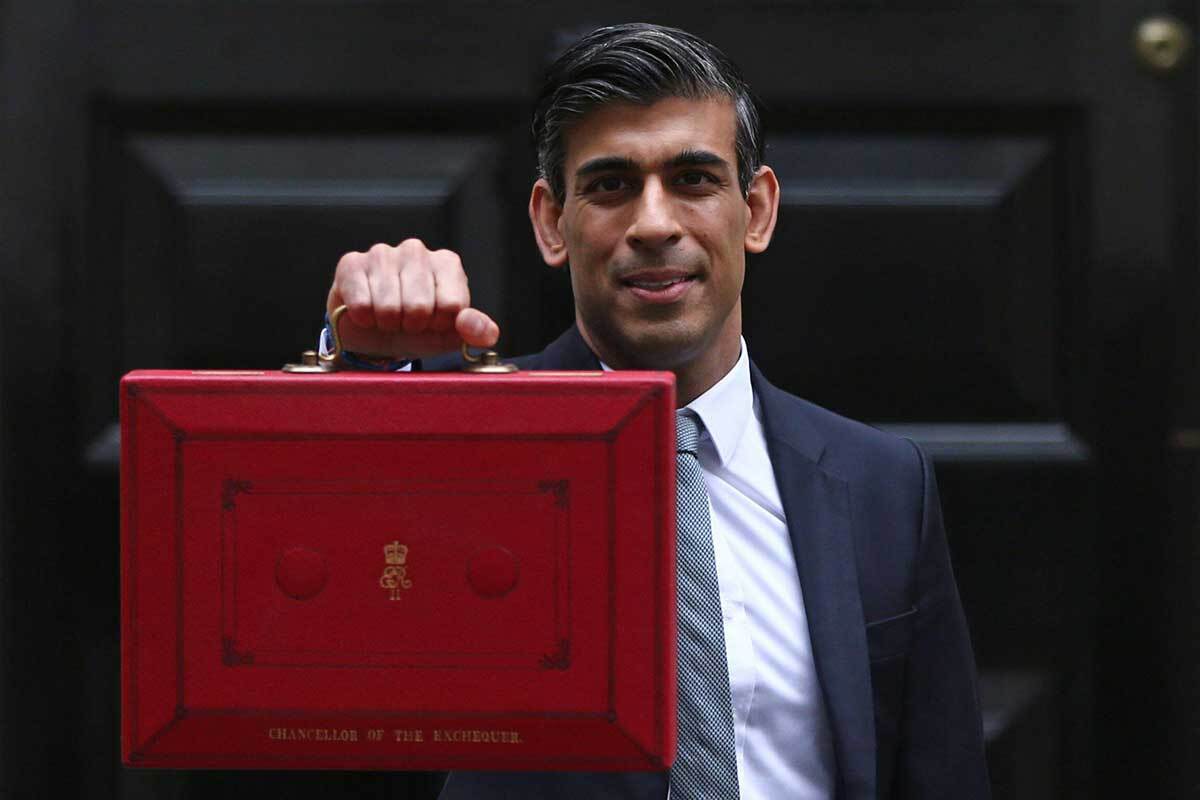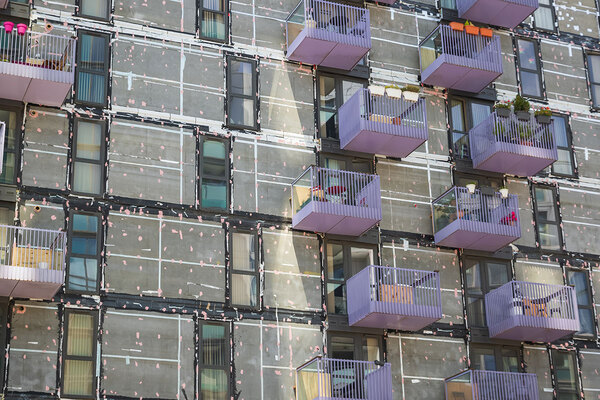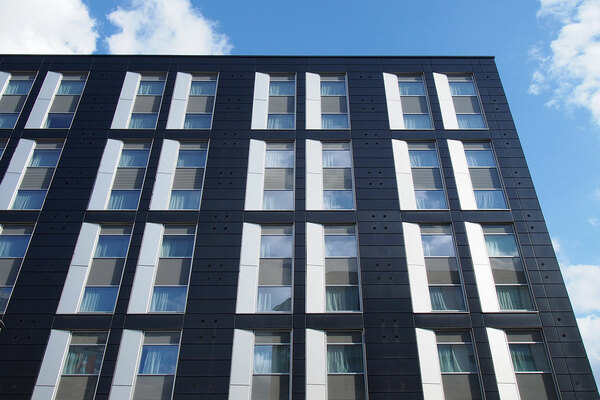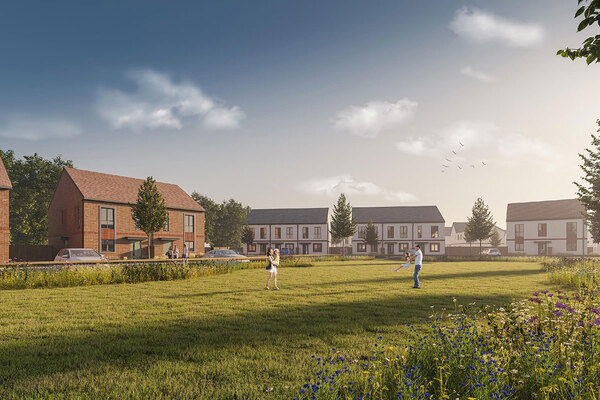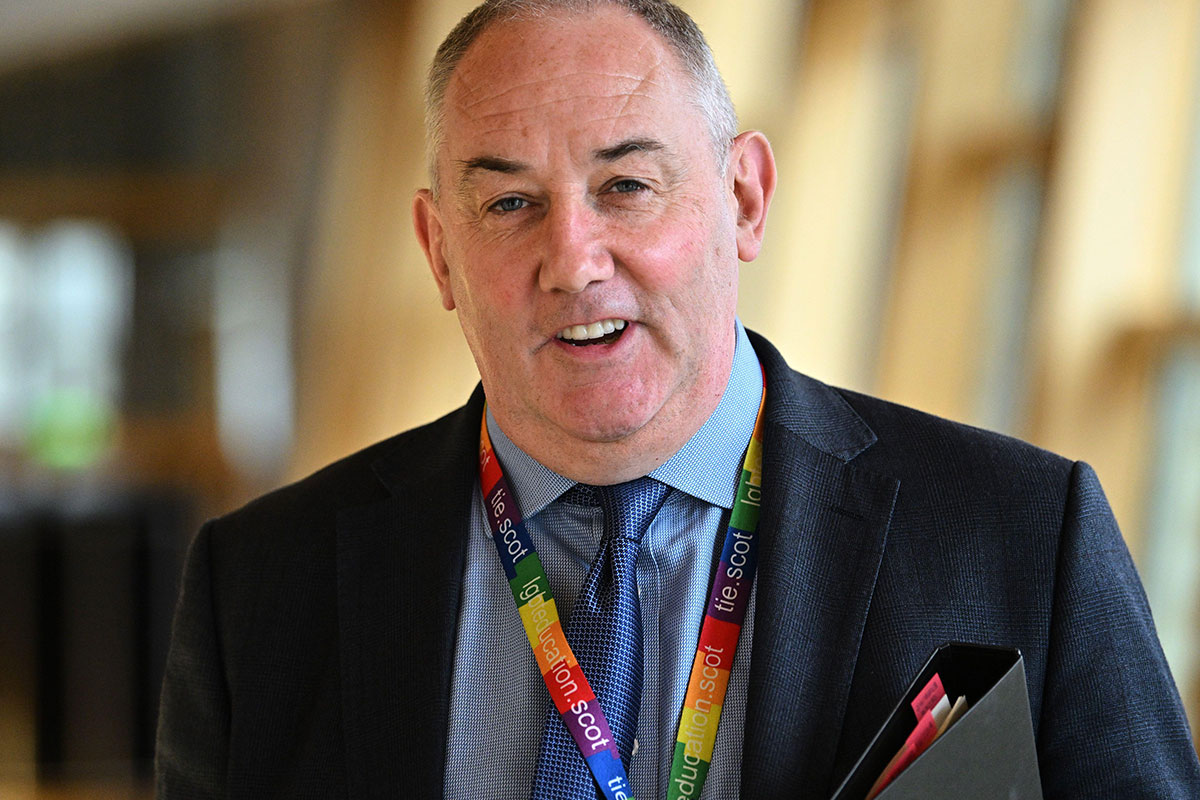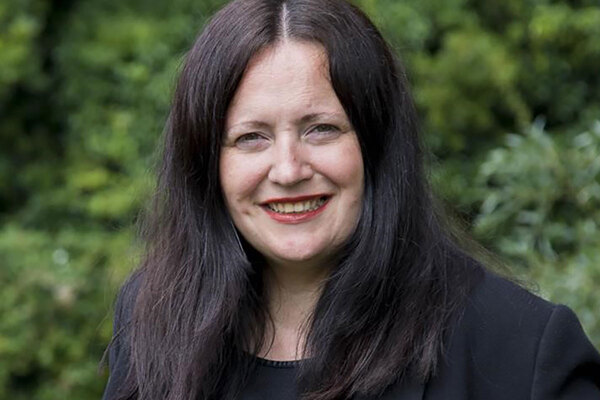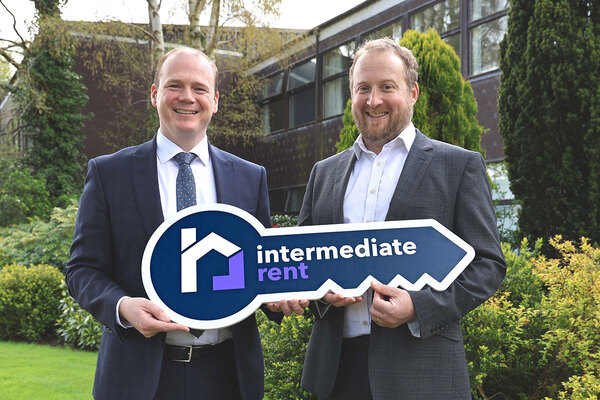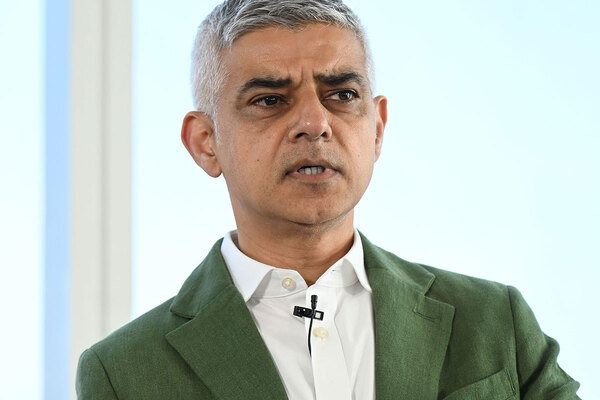You are viewing 1 of your 1 free articles
Cladding tax rate confirmed at 4% in Budget
The government will impose a 4% cladding tax on developers with profits higher than £25m, chancellor Rishi Sunak confirmed today.
The plans for a cladding tax – which the government hopes will raise £2bn alongside a levy on new development to fund a chunk of its £5bn Building Safety Fund – were first announced in February with a consultation closing in July.
Today, the chancellor said: “We’re also confirming £5bn to remove unsafe cladding from the highest-risk buildings, partly funded by the Residential Property Developers Tax, which I can confirm will be levied on developers with profits over £25m at a rate of 4%.”
Cladding campaigners described the tax as a slap on the wrist for developers and accused the government of recycling old announcements.
The Treasury confirmed earlier this month that not-for-profit housing associations and their subsidiaries will be exempt from this tax.
Where they act as part of a joint venture, their profits will be protected but private sector partners will still have to pay.
The consultation on the charge had suggested only targeting “the profits of a company or group which exceed an annual allowance of £25m” – meaning today’s announcement confirmed this suggested allowance.
The consultation said that this allowance could be used by developers with larger profits – meaning that a developer with relevant profits of £100m, for example, would be taxed on £75m of these profits.
It had said the rate would be confirmed “at a future fiscal event”, with Mr Sunak delivering this announcement today.
The cladding tax sits alongside a new levy on development – the ‘Gateway 2 levy’ – which will be imposed when developers apply for planning permission to build new high-rise buildings in England.
A consultation on this levy closed this month and details are due to be set out in due course.
The tax forms part of a £5bn Building Safety Fund, which is available to pay for cladding removal on buildings taller than 18 metres.
However, this has failed to end the building safety crisis, with hundreds of thousands of leaseholders in medium-rise buildings still face vast bills to cover the cost of repairing their homes.
The government has repeatedly promised an ‘affordable loan’ system to help these residents, but Mr Sunak gave no further details on this today.
The Building Safety Fund also excludes works other than the removal of cladding – such as repairing missing fire breaks – which can result leaseholders being charged sums running into six figures to pay for repairs.
The crisis has resulted in hundreds of thousands of leaseholders around the country left unable to sell their homes and paying extortionate sums for insurance and interim safety measures in the meantime.
Michael Gove, recently appointed housing secretary, has been tasked with solving this problem by prime minister Boris Johnson but is yet to announce a change in approach.
Lucy Brown, of the End Our Cladding Scandal campaign, said: "Boris Johnson’s government seems to be operating in a time warp. Today’s Budget marks the fourth time that ministers have recycled their announcement of a £5billion commitment to help fix defective buildings affected by the cladding scandal. The chancellor has also now confirmed what we always knew – that the new developer tax, which is expected to raise £2bn, will repay current funding, rather than be additional help for innocent leaseholders.
"This £2bn developer tax spread over ten years may sound like a lot until you realise that the estimates to fix this crisis could be between £15billion and £50billion – and that ultimately it will be homeowners who will be left to pick up the can.
"This levy is a slap on the wrist for developers – and they know it. Developers have received billions in government subsidies – £20.1billion alone via the Help to Buy loan scheme. Since the Grenfell Tower tragedy, just seven developers have recorded profits of more than £15billion and ten executives of these firms have been personally ’rewarded’ an astonishing £708million."
Sign up for our Week in Housing newsletter
Already have an account? Click here to manage your newsletters
